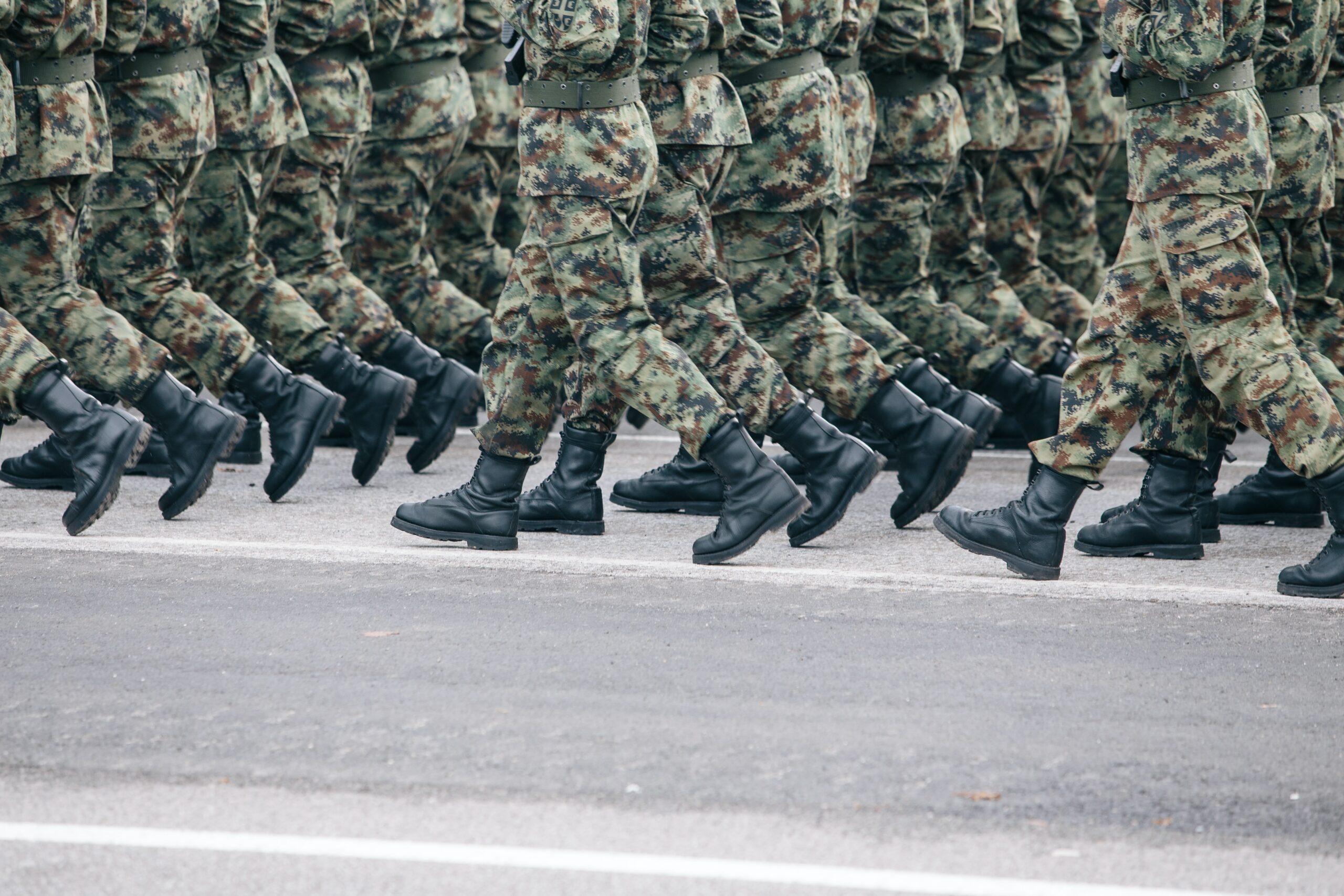U.S. Military Leaders Want Soldiers To Think Critically, Not Just Follow Orders

Since the Millennium Challenge, some branches of the military have revamped their educational programs to emphasize more effective forms of reasoning. Photo credit: Getty
The term “conventional warfare” has been outdated since at least the late 1960s, and today, some of the U.S. military’s biggest potential adversaries are insurgencies without a discernible front line.
With this reality in mind, the U.S. Navy has been conducting a major study that’s expected to lead to a radical shift in the education of its personnel. The Navy will almost certainly recommend doing far more to emphasize critical thinking skills in its training and development programs.
For many observers, the Navy’s educational reforms are long overdue. Experts have been raising concerns about the state of critical thinking in the nation’s armed forces since the early 2000s, and it has been 100 years since the Navy even performed a comprehensive review of its education system.
One of the most notable recent warning signs about a lack of strategic thinking in the military may have been the 2002 war game known as the Millennium Challenge. As Malcolm Gladwell described in his book Blink, the war game showed that the U.S. military doesn’t do nearly enough to support better reasoning.
In the multi-million dollar simulation, the U.S. military had the latest technology and weaponry. But the retired Marine who played the “rogue” in the war game deployed some highly unconventional tactics. For instance, he decided to forgo radio communications, which could be easily intercepted. Instead, he relied instead on less traditional means of communication, including motorcycle messengers.
The surprise approach caught the U.S. military flatfooted. American military leaders struggled to evaluate — and respond — to the rogue team’s tactics, and by the end of the simulation, the rogue team had sunk more than half the U.S.fleet with a barrage of cruise missiles.
Since the Millennium Challenge, some branches of the military have revamped their educational programs to emphasize more effective forms of reasoning. A few years ago, for instance, the Army developed a way to combat “rigid thinking” in the field by redesigning its “Human Terrain System,” or HTS.
Based at Fort Leavenworth, HTS is a program for resolving social conflict, and when the Army overhauled the program, they focused on training staff to “remain open to new information and to continuously reevaluate their existing beliefs,” according to an article published in Military Review.
Among other things, the HTS team designed exercises in which the initial information led the soldiers to form one conclusion. But over the course of the exercise, the soldiers received new information, and they had to work to change their initial conclusions and associated assumptions.
As part of the exercise, educators also provided coaching on ways to better adjust to a fast-changing environment. For instance, the program encouraged soldiers to engage in hypothesis testing, which encourages people to sift through information and decide which pieces of information best support a hypothesis.
As for the Navy study, the conclusions of the review will not be made public until later this month. Then the Secretary of the Navy will need to review the recommendations and decide which — if any — of the conclusions will be implemented.
From early reports, it seems clear that the Navy’s recommendations will focus on helping soldiers thinking more clearly. When Thomas Modly, the U.S. Undersecretary of the Navy, announced the effort, for instance, he argued that far more needs to be done to emphasize critical thinking.
“The world that is emerging today is one in which continuous expansion of thought and capacity is necessary to achieve a competitive advantage,” Modly wrote. I couldn’t agree more.
“This article first appeared on the website of Forbes.“
Helen Lee Bouygues is the president of the Reboot Foundation and author of a forthcoming book on critical thinking.
